In the UK alone, it's estimated around 3.5 million people live with a rare disease. Globally, that figure rises to overmore than 300 million.
Despite the numbers, many patients still face delayed diagnosis, limited treatment options and ongoing misunderstanding.
For That’s Health, this day is about shining a light on stories that are too often overlooked.
What Is a Rare Disease?
A disease is considered rare in the UK if it affects fewer than 1 in 2,000 people. However, there are more than 7,000 known rare conditions.
Around 72% are genetic, and many begin in childhood, though others emerge later in life.
Examples include:
Huntington's disease
https://www.hda.org.uk/information-and-support/huntingtons-disease/what-is-huntingtons-disease
Cystic fibrosis
https://www.cysticfibrosis.org.uk
Ehlers-Danlos syndrome
https://www.ehlers-danlos.com/what-is-eds
Duchenne muscular dystrophy
https://www.duchenneuk.org/what-is-duchenne
Some are life-limiting. Others are chronic and complex, affecting multiple body systems and requiring specialist care.
The Challenge of Diagnosis
One of the biggest hurdles facing people with rare diseases is simply getting a diagnosis.
It can take years, sometimes decades, for patients to receive clarity. Symptoms may be misattributed, dismissed, or misunderstood. Families often describe a long and exhausting search for answers, moving from specialist to specialist.
Earlier diagnosis matters. It can:
Improve treatment outcomes
Allow families to plan and access support
Connect patients with specialist communities
Reduce mental health strain caused by uncertainty
Living With a Rare Condition
Rare diseases do not just affect physical health. They impact education, employment, finances and relationships.
People may feel isolated, especially if there are very few others locally with the same condition. Support groups, online communities and charities play a vital role in providing connection and practical advice.
In the UK, organisations such as Genetic Alliance UK and Rare Disease UK campaign for improved services, research funding and better policy support.
https://geneticalliance.org.uk
Why Awareness Still Matters
Awareness days are sometimes criticised as symbolic gestures. But for rare disease patients, visibility can lead to real change.
Awareness can:
Encourage earlier referrals and recognition by healthcare professionals
Support funding for research and innovative therapies
Influence government health strategies
Reduce stigma and misunderstanding
The UK has developed rare disease frameworks to improve coordination of care, but continued momentum is essential.
Research and Hope
Scientific advances, particularly in genetics and personalised medicine, are transforming the landscape of rare disease treatment. Gene therapies, targeted biologics and improved diagnostic tools are offering new hope.
However, research into rare diseases often receives less funding due to smaller patient populations. Advocacy remains crucial to ensure progress continues.
How You Can Support Rare Disease Day
You do not need to be directly affected to make a difference. You can:
Share information on social media
Support rare disease charities
Learn about conditions affecting people in your community
Encourage compassionate conversations
Even a small action can reduce isolation for someone living with a rare diagnosis.
Rare diseases may be individually uncommon, but collectively they represent a significant public health issue. Behind every statistic is a person navigating uncertainty, resilience and strength.
Rare Disease Day reminds us that awareness is not just about facts and figures, it is about empathy, research, and ensuring that no one feels invisible.
For more health awareness features and UK-focused wellbeing content, keep following That’s Health.


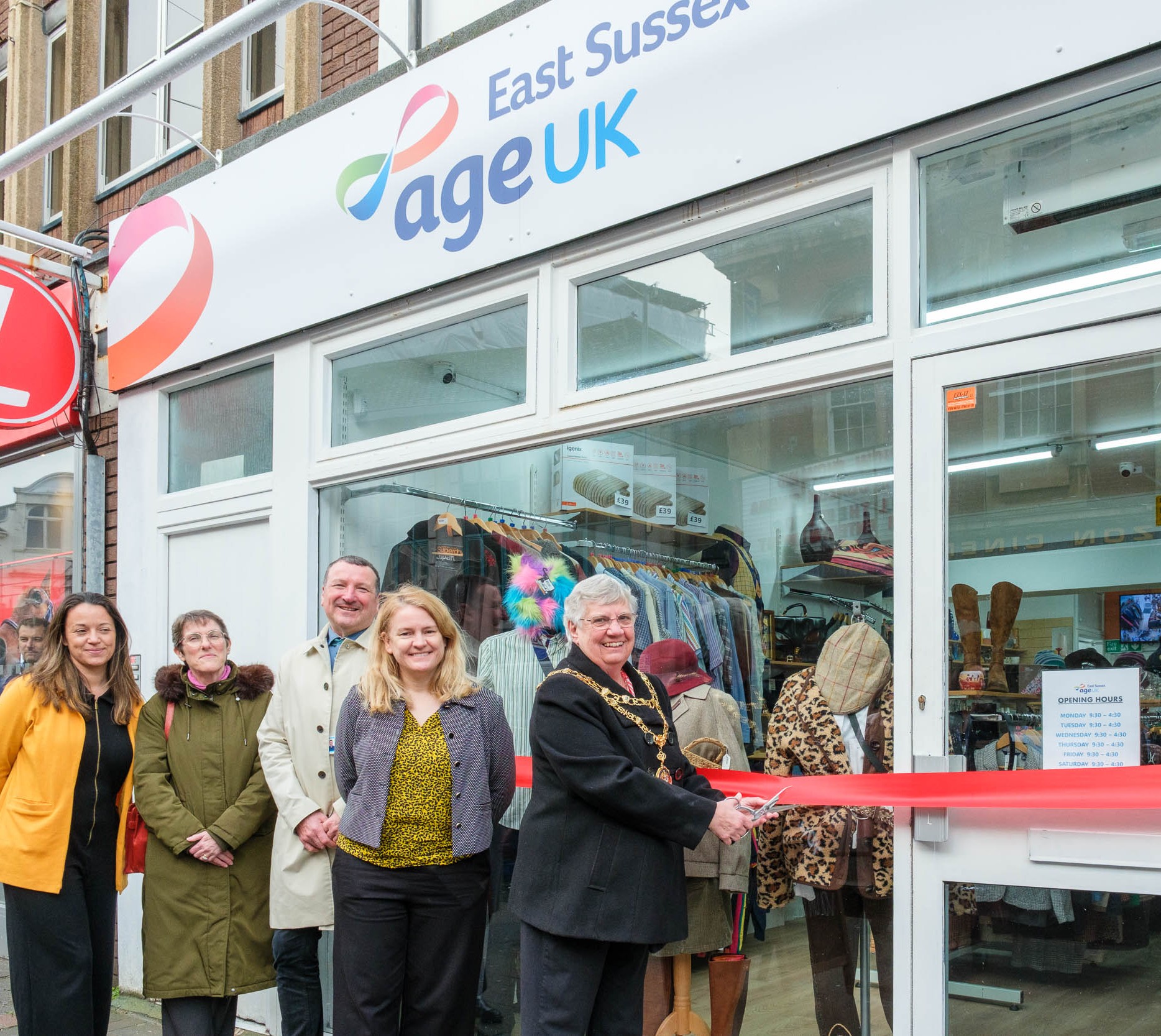
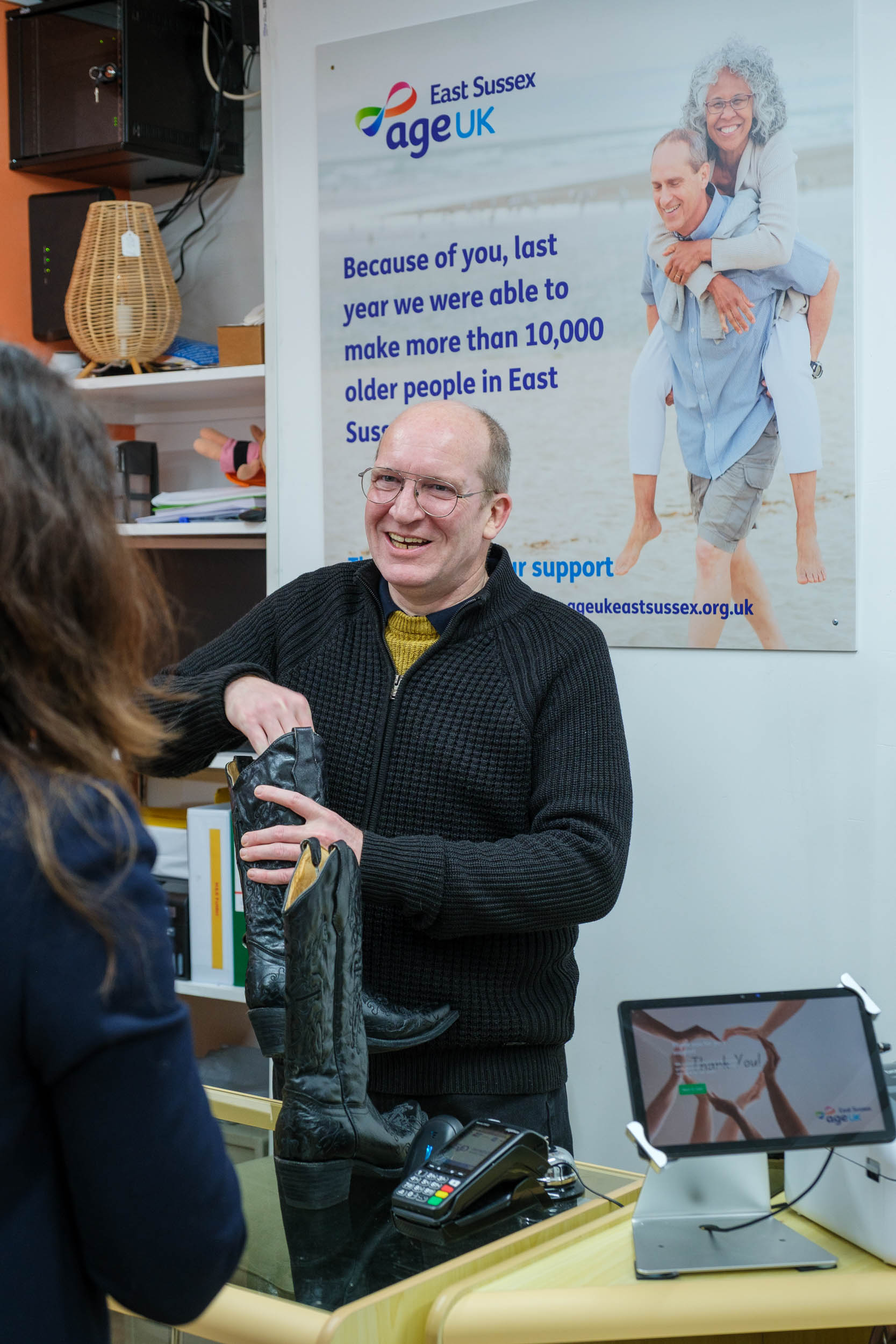
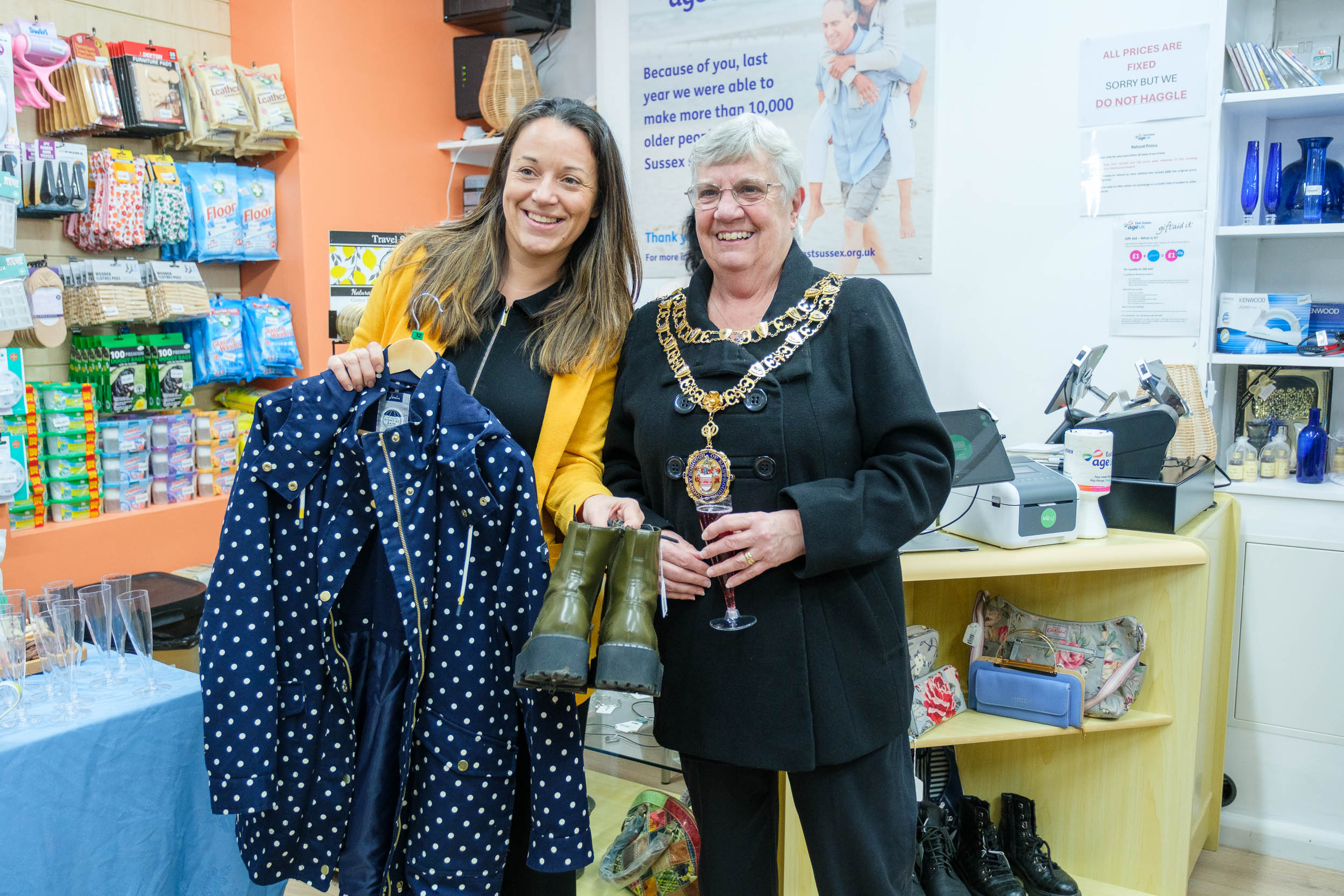
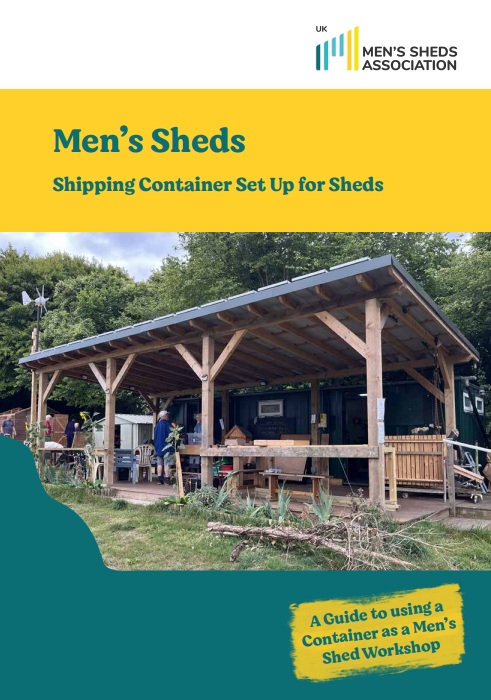
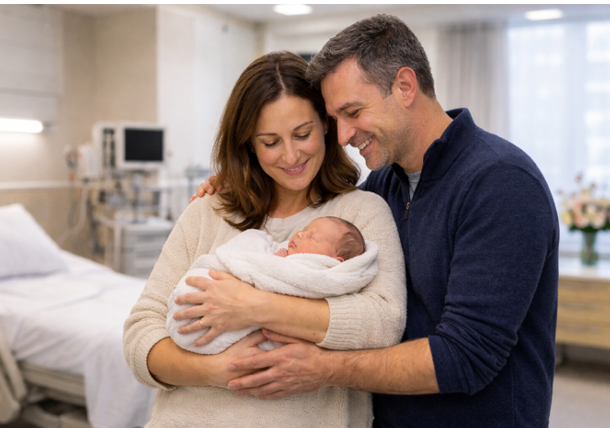
.webp&w=384&q=75)